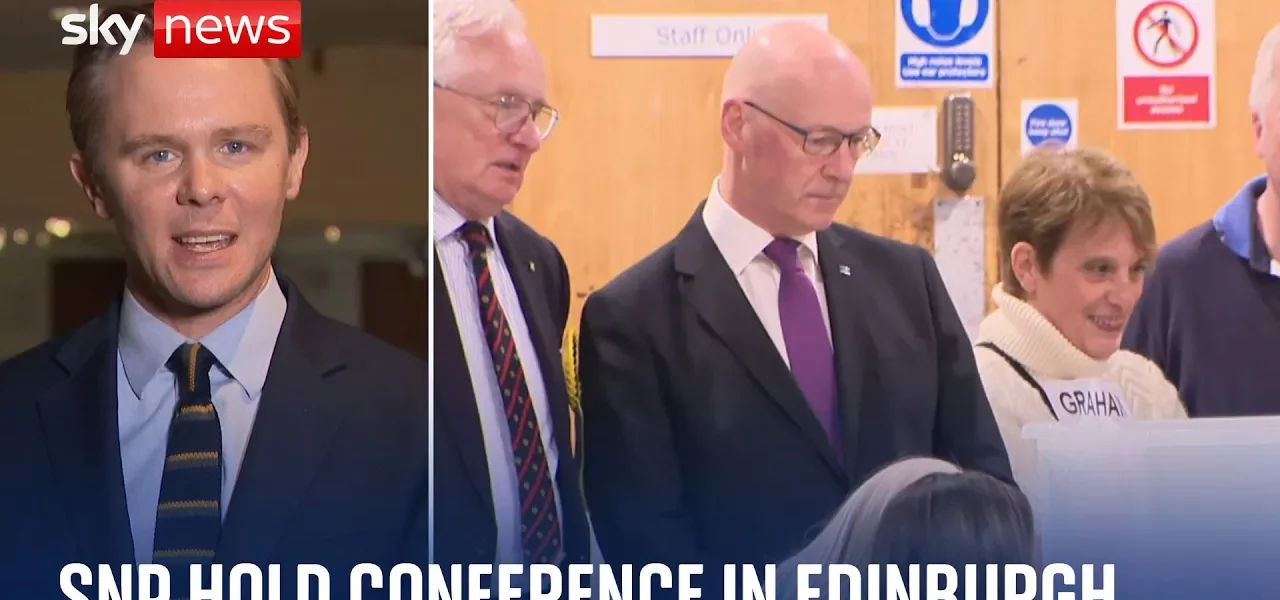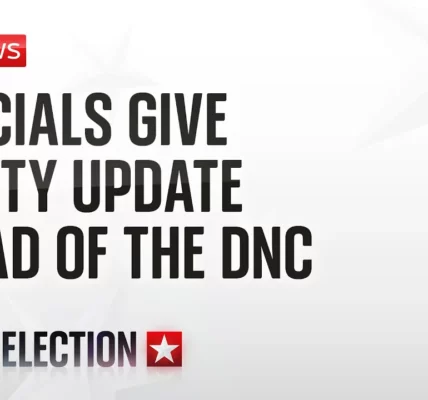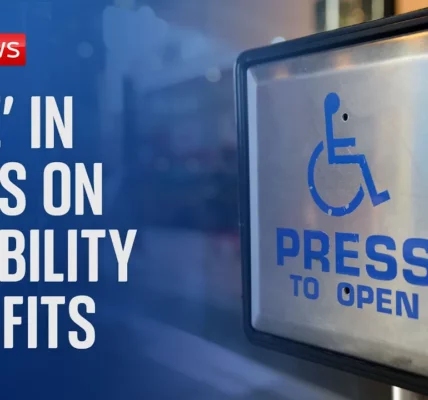Scottish National Party Conference in Edinburgh: A Deep Dive into Election Challenges

The Scottish National Party (SNP) is facing significant challenges as it holds its annual conference in Edinburgh. With a dramatic drop in parliamentary seats and leadership instability, the party must confront its recent electoral failures and strategize for the future.
Introduction
The SNP’s recent conference in Edinburgh marks a pivotal moment for a party that has seen its fortunes change dramatically over the past year. From a high of 48 seats in the Scottish Parliament to a mere 9, the party is grappling with the implications of its electoral losses. This article delves into the key issues discussed at the conference, the internal dynamics of the party, and the broader political landscape that influences the SNP’s future strategies.
Election Results and Leadership Instability
The SNP’s drop to just nine parliamentary seats is its worst performance in over a decade, prompting questions about its leadership and direction. This section explores the factors that led to this decline.
Understanding the Decline
- Historical context of SNP’s electoral success
- Impact of the 2014 Independence Referendum
- Recent leadership changes and instability
Over the last year, the SNP has experienced the resignation of three first ministers, which has contributed to a perception of instability within the party. The loss of public confidence is evident as the party’s once-crowded rallies have dwindled to a mere 1,500 attendees at the conference compared to the 12,000 who attended events in previous years.
The Role of the Independence Debate
Despite the SNP’s foundational goal of Scottish independence, the party’s current conference lacked a substantial focus on how to achieve another referendum. This absence raises concerns among delegates about the party’s future direction.
Public Finances and Internal Blame Game
As the SNP navigates its internal challenges, external pressures, particularly regarding public finances, have become a focal point of discussion during the conference.
Financial Pressures on the Scottish Government
First Minister John Swinney has highlighted the tight financial situation facing the Scottish government, drawing parallels to austerity measures implemented by the UK government. The Scottish Fiscal Commission has indicated that some of the financial strain results from the SNP’s past commitments.
- Public sector pay deals
- Council tax freezes
- Funding constraints from Westminster
Accusations and Accountability
The conference has also seen an emerging blame game between the SNP and the UK government, with accusations of overspending being directed at both sides. John Swinney has defended the SNP’s fiscal record, asserting that they have balanced their budget every year in office, despite external pressures.
Future Strategies and Policy Discussions
Looking to the future, the SNP is tasked with redefining its policies and messaging to regain public trust and support.
Policy Focus Areas
During the conference, discussions have centered around key policy areas that need urgent attention, including:
- Addressing drug-related deaths
- Improving public services
- Establishing a clearer stance on independence
Creating Hope Amidst Challenges
In an effort to inspire party members, Swinney has emphasized the importance of maintaining a positive outlook. As the party prepares for the 2026 Holyrood elections, the challenge will be to foster optimism in a seemingly bleak political landscape.
Conclusion
The SNP’s conference in Edinburgh reveals a party at a crossroads, grappling with the ramifications of its electoral setbacks and the need for renewed focus on its foundational goals. As the party seeks to rebuild and redefine its message, the road ahead will undoubtedly require introspection, accountability, and strategic planning. Engaging with party members and the public will be crucial in regaining confidence and preparing for future elections. For more insights into the political landscape in Scotland, be sure to explore our related articles on party dynamics and electoral strategies.
“`




